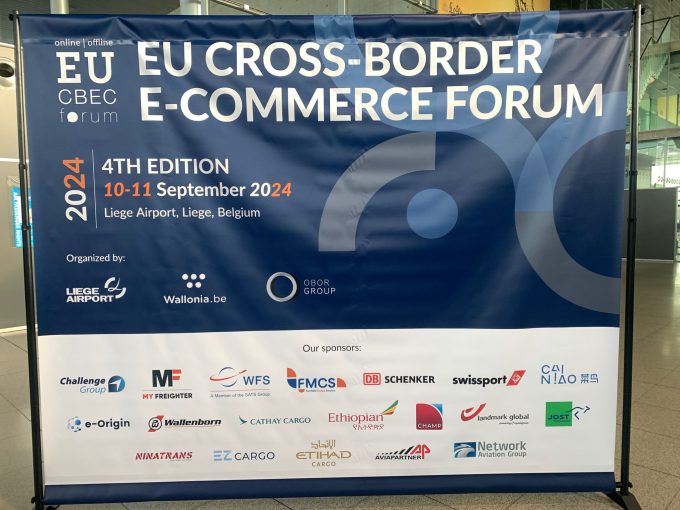CBP won't be ready for flood of extra processing after de minimis pause
Preparing US customs systems for the end of the US de minimis exemption on imports ...

Some 786 delegates from upwards of 40 countries attended this year’s EU CBEC ecommerce forum in Liege to celebrate air-cargo’s “saviour”, but ignorance is bliss when it comes to ESG [Environmental, social and governance] concerns.
Liege airport (LGG) was the perfect location for this week’s event as Europe’s fifth biggest air cargo hub in Europe, handling over 1000 tonnes of cargo last year alone, and is a favourite for ecommerce players, not least in part because of its favourable (so ...
'It’s healthy competition' Maersk tells forwarders bidding for same business
Transpacific sees first major MSC blanks as rates fall and volumes falter
US shippers slam USTR port fee plan – 'an apocalypse for trade'
Opposition builds for final hearing on US plan to tax Chinese box ship calls
Despite sourcing shifts, 'don't write-off China', says CMA CGM CCO
Cargo chief quits WestJet as freighter operations cease
White House confirms automotive tariffs – 'a disaster for the industry'
New price hikes may slow ocean spot rate slide – but for how long?

Comment on this article